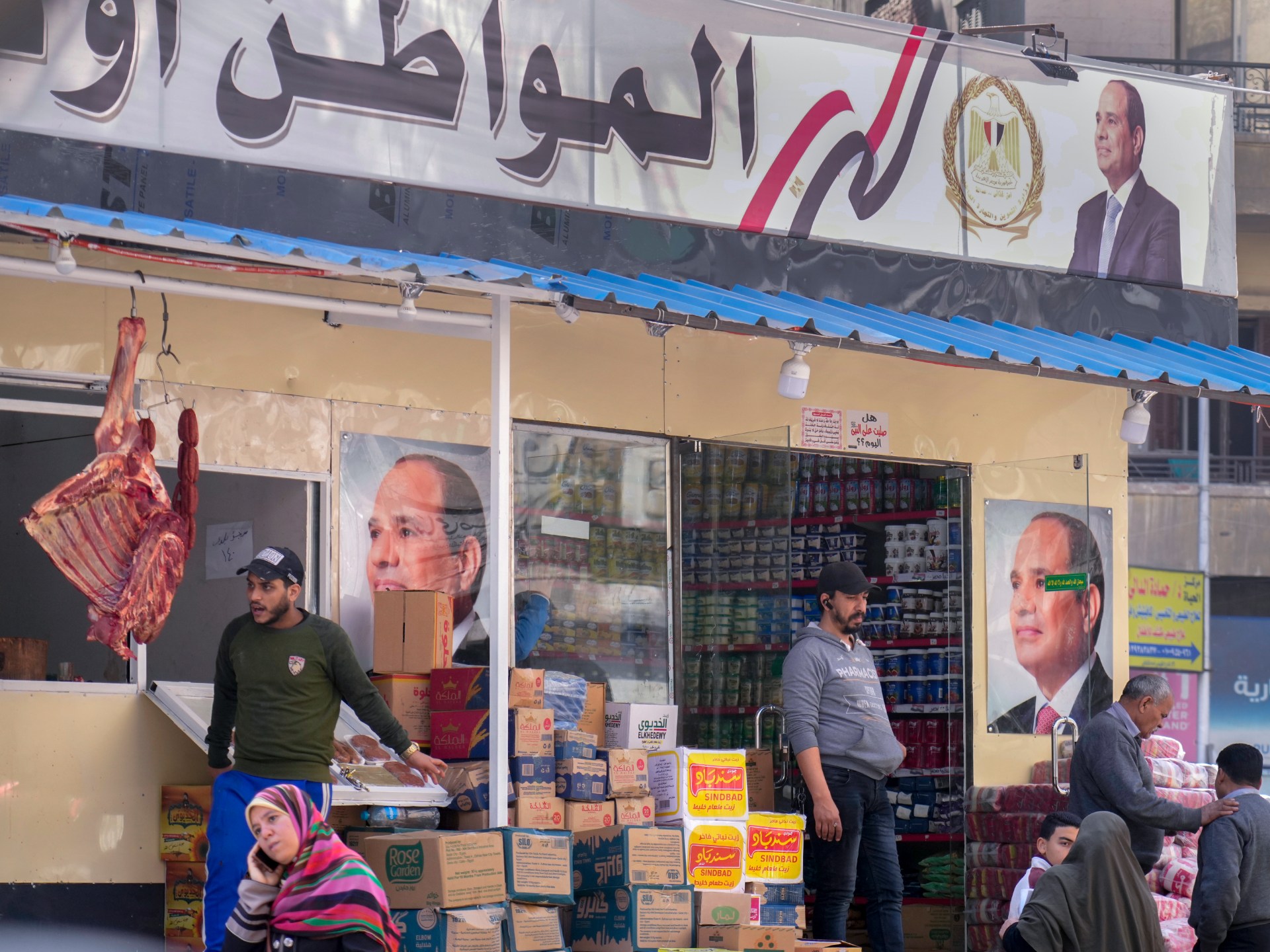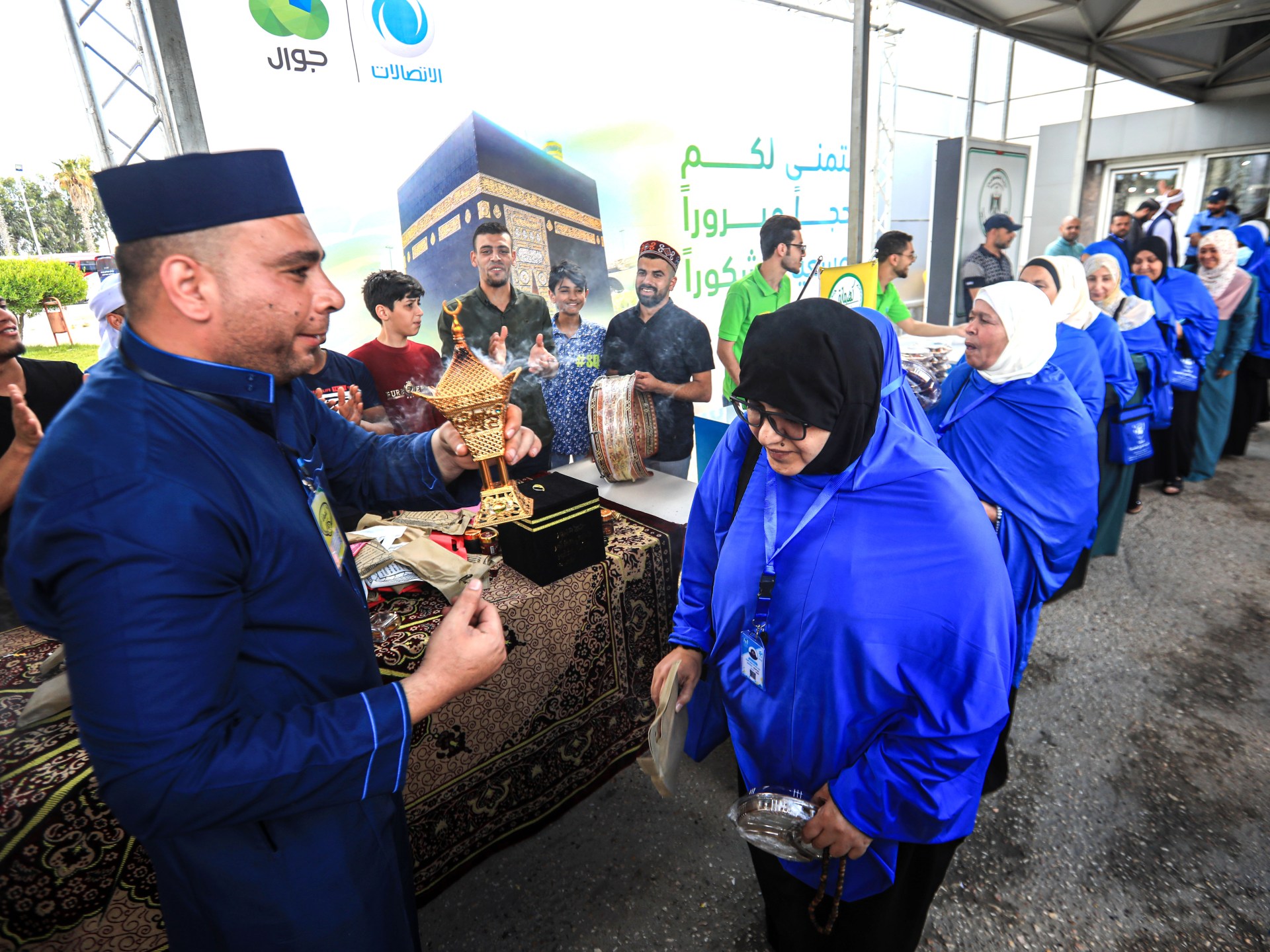
Gaza – Last week, four groups left the Gaza Strip for Saudi Arabia to perform Hajj.
About 6,600 people from Gaza and the West Bank have left for Mecca to perform the 2023 Hajj.
According to the Ministry of Endowment and Religious Affairs, pilgrims set off from Gaza over four days, 900 in the first group, 900 in the second, 600 in the third and 500 on the fourth day.
Those traveling from the West Bank will go to Saudi Arabia via Jordan, while residents of the Gaza Strip will go to Egypt.
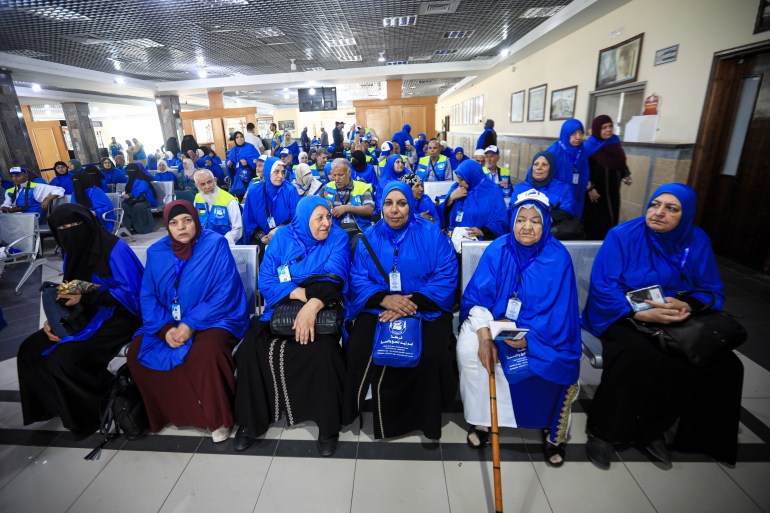
The journey from the Gaza Strip to Makkah begins at the Rafah Land Crossing, passing through Cairo Airport and from there to King Abdulaziz Bin Saud Airport in Jeddah and then to Makkah.

The Hajj is the annual Muslim pilgrimage to Mecca, which is required of all adult Muslims at least once.
Every year millions of Muslims gather in Saudi Arabia to perform Hajj. Palestinians, especially those in besieged Gaza, often face obstacles and delays due to Israeli sanctions.

In final pre-Hajj preparations, Fatiya al-Hasanat, 58, of Khan Yunis, south of the Gaza Strip, expressed her joy at performing Hajj after a long wait.
“My feelings are indescribable. I was hoping to perform Hajj for many years. Thank God, my name is in this year’s lottery,” said Al-Hasanat, sitting next to his children who had gathered the night before his trip.
At the same time, like other travelers to the Gaza Strip, Al-Hasanat does not hide his concern about the difficulty of traveling through the Rafah crossing and the long wait until arriving at Cairo airport.
“One of the biggest difficulties in our lives as Palestinians in Gaza is that we have to spend more than 20 hours traveling from Gaza to Cairo to reach our destination. Our colleagues from the Second Regiment took a full 24 hours to reach the airport,” Al-Hasnat added.
“Traveling from Gaza is part of the torture, especially since most of the pilgrims are elderly and some of them suffer from chronic diseases.”
“But what gives us relief is reaching our destination to perform Hajj this year,” he added as he prepared his luggage.
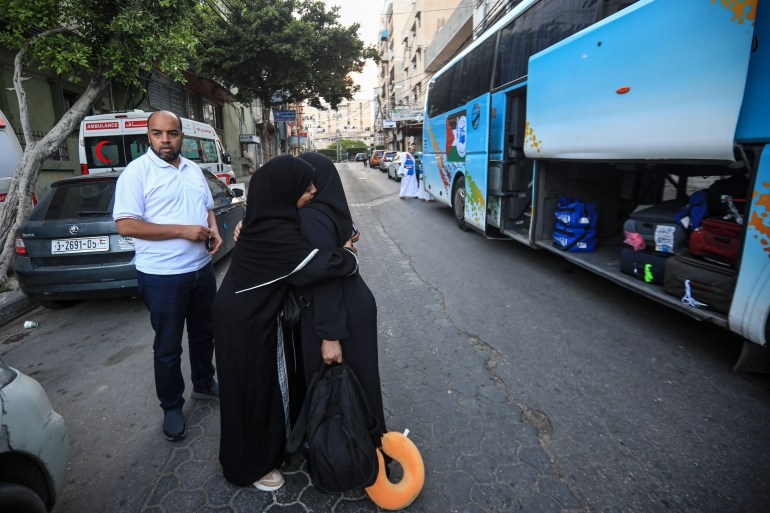
Ahmed Abu Al-Qas, 41, tried to register for Hajj five years ago, but this year, his name appeared on the list.
“When I got a phone call that my name had been accepted for Hajj, I cried for joy,” said Abu Al-Qas. “It was a great moment. I am excited about the spiritual atmosphere of Hajj, and we hope to God that our Hajj will be accepted.”
Abu al-Qas, who suffers from a chronic bone disease, had never attempted the journey through the Rafah crossing before. He said he was worried about the disruptions to travel through the Rafah crossing and the long hours spent on the road, which might not be good for his health.
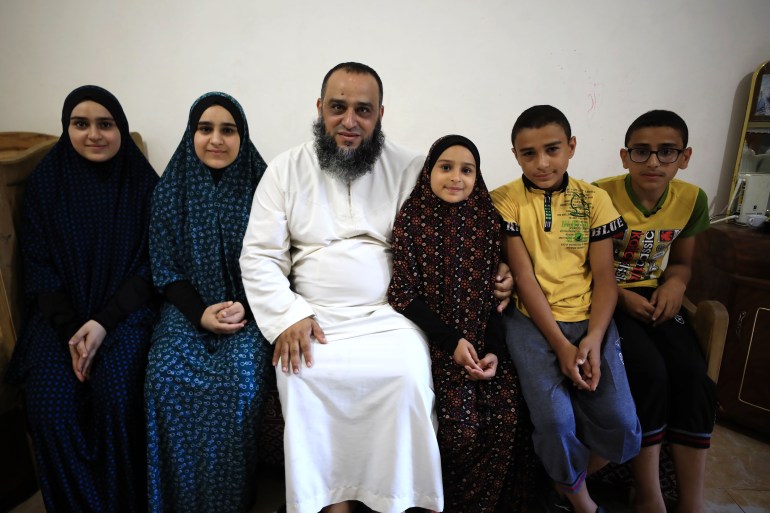
“Nevertheless, I am optimistic because we have heard of the facilitation of pilgrims’ travel by the Egyptian authorities. We expect this to be the case until we reach the airport.”
Abu al-Qas also mentions the high cost of the Hajj, which does not correspond to the difficult and deteriorating economic conditions of the Gaza Strip.

“I was collecting money after money until my dream of performing Hajj came true. It was never easy, especially with responsibilities, children and a family, but they are all happy for me,” said Abu al-Qas, surrounded by his five children.
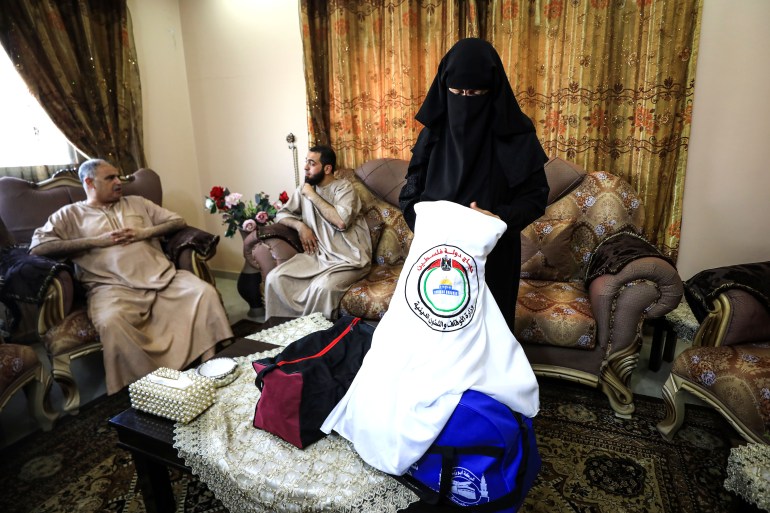
Samah Al-Shurafa, 48, lost hope of going to Hajj this year after his name did not appear in the travel lottery twice. But luckily, being a cancer patient, his name appeared on the sick list.
“I was diagnosed with cancer a year ago. I suffered a lot,” Al-Shurafa told Al Jazeera from his home.
“So I wanted to register to relieve myself. I have registered in general list and patient list. Alhamdulillah, my name is finally seen with my eldest son, who is 30 years old.”
Under the lottery system introduced by Saudi Arabia, pilgrims who want to perform Hajj are asked to apply online. People are selected based on electronic draw system.
In 2022, Saudi Arabia allowed one million pilgrims from around the world – including 850,000 foreigners.
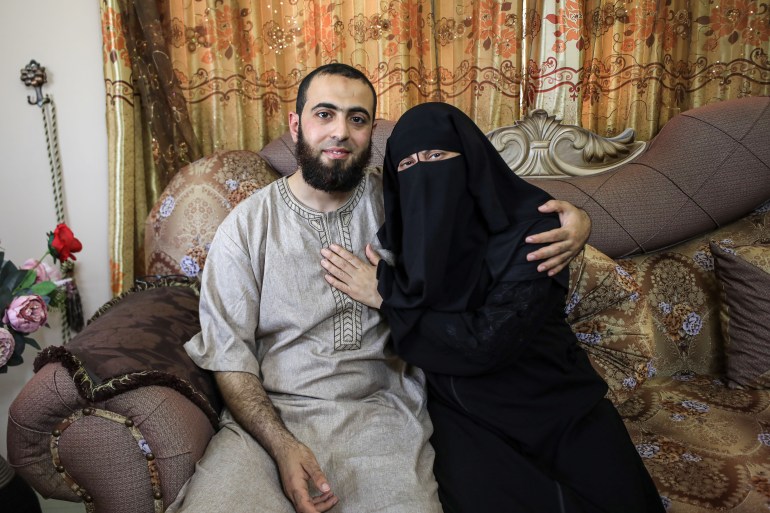

Al-Shurafa expressed no qualms about traveling through the Rafah crossing, despite the long distance from the Gaza Strip to Cairo.
“I am excited about Hajj this year, and I hope to God that it will be a year of goodness and blessings and that the situation in the Gaza Strip will improve and the complications of the siege and other life troubles will end.”
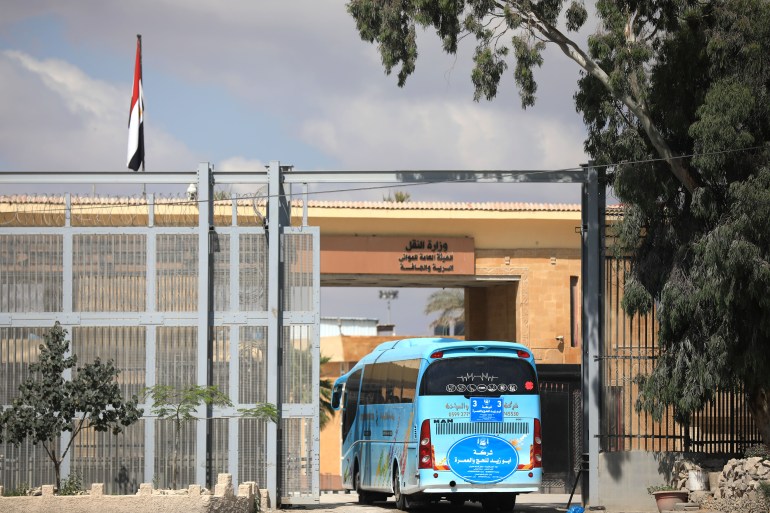
Source link



